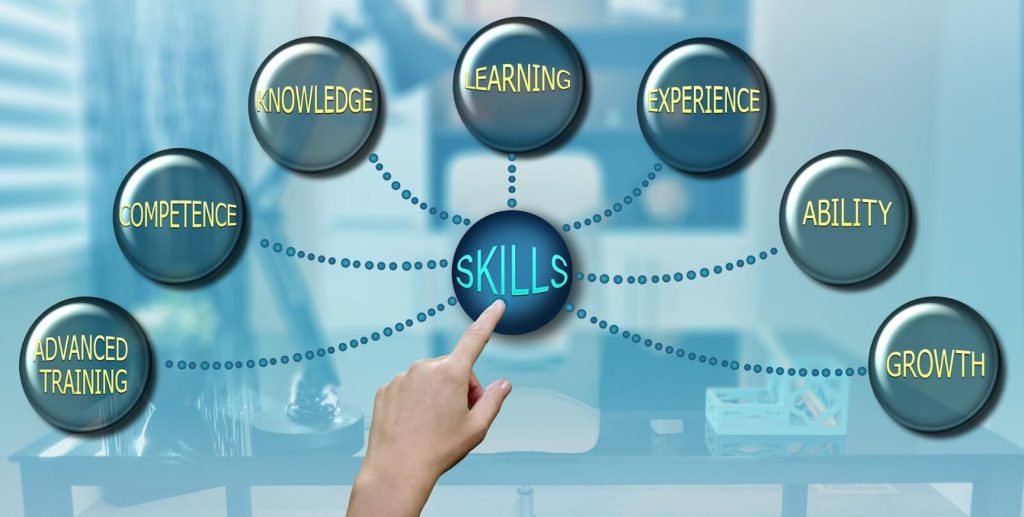Home > Career Advice > What skills you should put on a CV
What skills you should put on a CV

The skills part of your resume demonstrates to employers that you have the talents needed to succeed in the position. Employers frequently pay close attention to the skills part of your resume when deciding whether or not you should advance to the next stage of the hiring process. In this post, we'll look at 10 crucial abilities to include on a resume, as well as some ideas on how to write a CV's abilities section.
The following are some examples of significant capabilities to include on a CV:
- Active listening
- Communication
- Computer skills
- Customer service
- Interpersonal skills
- Leadership
- Management skills
- Problem-solving
- Time management
- Transferable skills
Hard Skills vs Soft Skills

Employers are seeking individuals that have the proper combination of soft and hard skills.
Hard skills are abilities that are specialised in a specific job or industry. These are typically more technical skills learned through education, certification programs, training materials, or on-the-job experience. Hard skills might include proficiency in things like:
- Software
- Foreign languages
- Operating certain equipment or machinery
On the other hand, Soft Skills are abilities that may be used in any career. Soft skills are frequently referred to as "people skills" or "social skills" and include proficiency in things like:
- Communication
- Customer service
- Problem-solving
- Time management
- Leadership
Soft skills are significantly more difficult to learn because they are frequently personality attributes and hence incredibly desirable to employers. Most of the time, your soft skills can help you improve your hard skills. For instance, if you're a thorough software engineer who knows how to code in a computer programming language, you'll almost certainly be able to find and fix bugs from the code you and your team write.
To present oneself as a well-rounded candidate, it's critical to highlight your finest hard and soft skills as a job seeker. It's also a good idea to think about how the two types of skills relate to each other and the job so you can bring it up in your following interview.
Figure Out Your Best Skills
Consider your previous experiences if you're not sure which skills you wish to offer. What areas did you succeed in? Where do your peers think you're particularly skilled? Here are a few methods for identifying which skills to include on a resume:
Awards & Achievements
Have you ever been recognised for achieving a certain goal or excelling in a particular area? If that's the case, your abilities most certainly aided you in achieving this goal. Consider what personal qualities or skills assisted you in reaching that goal.
Coworkers & Classmates
Others can sometimes assist you in identifying strengths that you may not be aware of. Make contact with a former boss or coworkers who worked closely with you. If you're new to the workforce, reach out to former students, teachers who know you well, or someone you regard as a mentor.
Consult Professionals
If you're having trouble figuring out what talents an employer is looking for, talk to someone who works in the field or in a position comparable to the one you're applying for. Find out which abilities they value the most and which ones correspond to your own. Only include skills that you know are your strengths when making a list of skills for your CV. If you're still learning something, don't feel obligated to include it just because it's mentioned in the job description. If the employer brings up a skill you didn't mention during the interview, you can explain how you're learning or improving for the job.
What are the best ways to list skills on a resume?

Study the job description and learn more about the company
Even if you have multiple areas of strength, only include those that are relevant to the job. When examining resumes, recruiters typically have limited time, so it's important to keep your skills section focused and brief. When you get to the interview stage, you'll have the chance to comment on any capabilities that aren't listed on your CV. Begin by going over the job description and noting any required skills or qualities that you possess. Consider the company's description and culture in addition to the employment criteria.
A medical assistant's job description, for example, can call for knowledge of electronic medical records software and scheduling systems. It could also mention how crucial teamwork and consumer contentment are to the firm. The following are some of the best talents to include on a resume in this situation:
- Electronic medical records systems
- Patient scheduling software
- Team leadership
- Interpersonal communication
- Customer service
Choose a format for the skills section
When it comes to determining where to mention talents on your resume, you have a few options:
- On a functional CV, list your skills. This is a fantastic alternative for folks who are changing careers or have little or no professional experience.
- In a separate section, list your skills. This is a good alternative for folks with a lot of experience who wish to emphasise particular abilities or abilities that set them unique.
- Incorporate your talents into the part about professional experience. When adding previous experience, you should incorporate keywords from the job description, regardless of how you describe skills on your resume.
Let's take a deeper look at each of these possibilities to see which one is right for you.
On a functional CV, list your skills
If you're changing occupations or industries and don't have a lot of work experience, you might want to put that upfront on your resume. A functional resume is the name for this style of resume.
On a functional resume, here's an example of how to list skills:
Skills
Process Streamlining
Created customer service email scripts used across the company to interact with customers. Single-handedly created customer service representative training manual, reducing the onboarding process from 8 to 6 weeks. Reduced average customer representative call time by 90 seconds with intuitive online training.
Complaint Resolution
Answered an average of 50+ calls per day from unsatisfied customers related to delays in shipment, order mistakes and lost orders. Achieved 97% average customer satisfaction rating, surpassing team goal by 12%.
Service-Based Selling
Consistently exceeded application targets by 10% with innovative upselling techniques. Pioneered development of an improved system for following up with unsatisfied customers, reducing customer churn by 6%.
In a separate section, list your skills
You might include a separate skills section highlighting keywords from the job description if you want to reinforce your professional experience with skills required by or relevant to the company. If you have a lot of work experience, make your career history section stand out as the first thing employers notice.
Here's an example of a payroll specialist's talents section: *Important Skills: Mastery of Quicken and Quickbooks, employee benefits administration, new recruit onboarding, multistate payroll, and employee relations.*
Incorporate your skills into the section about professional experience While many job seekers put their abilities in a separate area of their resume, it's equally critical to incorporate them into the job descriptions for each of your past roles. This is where you may add more information and specific examples to your talents section to make it stronger.
Example skills to put on a resume














